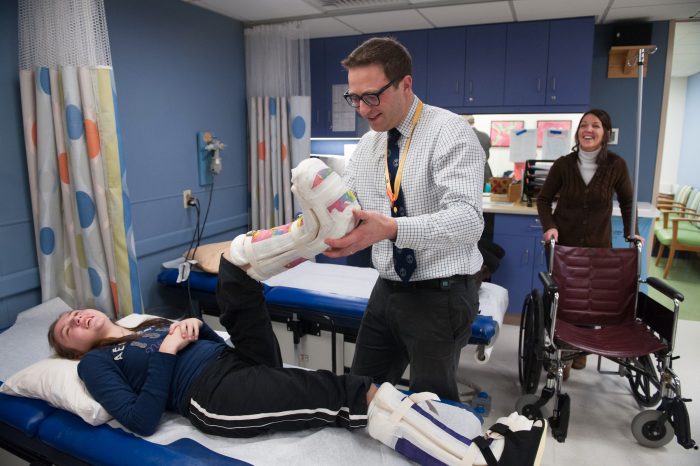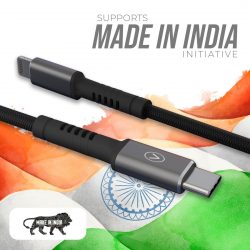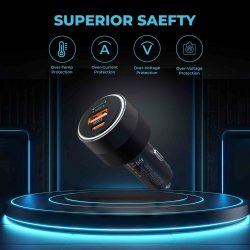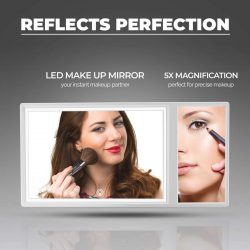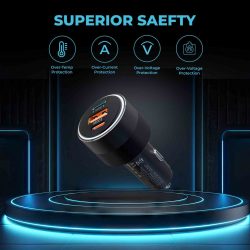Ophthalmology expert witness-Who are they? What are the different types of eye experts?
An ophthalmologist expert witness is a surgeon who testifies on surgical malpractices related to eye problems. They are being called upon by the attorneys to understand the complex elements of the case. Note that surgical cases have complex elements and they are mostly technical in nature. Without seeking help from someone belonging to a medical background, it is not possible to comprehend these problems. Ophthalmology malpractice has gone up due to surgical errors and also because of advancing technologies. In this regard, you’ll learn about the different malpractices and how an expert witness works in each of these cases.
Neuro-ophthalmology expert witness:
Neuro-ophthalmology is a part of ophthalmology that studies visual problems related to the nervous system. Vision loss is one of the main problems and this occurs due to an injury to the brain.
The neuro-ophthalmologist expert witness is known for treating cases of vision problems that are not directly associated with an eye injury or malpractice. In neuro-ophthalmology, the visual problems caused due to stroke, trauma, inflammation, toxicities, or tumors. These experts have experience and knowledge in treating corneal diseases, diabetic eye disease, anterior segment disease, diabetic retinopathy, orbital tumors, and ocular tumors. They offer expert advice on conducting pupil testing; eye surgeries and also provide training to the other specialties in eye procedures and trends. Besides treating problems like vision loss, optic nerve disease, double vision, papilledema, ocular motility dysfunction, and other relevant issues, they are also called upon by the attorneys to perform Independent Medical Examination. Besides this, an Oculoplastic surgery expert witness is called upon to provide case reviews, testimony, or deposition at court trials, and to determine who is at fault. Basically, both the attorneys and the experts work together in a malpractice claim.
Retina Eye Expert witness
The retina is one of the most sensitive and delicate parts of all. The light entering the eyes is captured by the retina which is then sent to the brains to create the image that we see. It is that part of the body that allows us to see the world. Therefore, any injury to the retina can have a devastating impact on a person. Once you feel that you’re facing any of the following symptoms, you should immediately get in touch with a surgeon. The symptoms include- blurred vision (also a symptom of glaucoma or cataract problems), the sudden appearance of floaters, curtain-like shadow, reduced peripheral vision, and photopsia (flashes of light in one or both the eyes). Note that retinal detachment requires emergency treatment because if left untreated, it can lead to permanent vision loss.
Your doctor will most likely ask you to get surgery. However, there’s a duty of care on the part of the surgeon while the patient is under their treatment. If the doctor fails to diagnose the condition or cause a delay in diagnosis, there’ll be a case of malpractice. Besides this, there can also be surgical errors worsening the eye condition of the patient. Another instance of malpractice is when the surgeon fails to consider the previous medical history of the patient or when the surgeon fails to communicate the procedure, risks, and benefits of the surgery to the patient, or if the medical professional fails to obtain verbal and written consent from the patient, there’ll be a case of malpractice. Persons who’ve been a victim of medical negligence can sue their surgeons and demand compensation. To do this, one needs to seek help from an attorney. These legal representatives will retain a retina expert witness for the case to obtain medico-legal assistance. These experts will help in preparing medico-legal reports, provide case reviews based on the case findings, and can also be used for testimony services. In an eye surgery malpractice, the plaintiff has the right to seek both monetary and non-monetary damages. This includes loss of income, past and future medical expenses, emotional distress, pain and suffering.
Cataract surgery eye witness
In this context, you’ll learn the importance of a cataract surgery expert witness. A cataract is an eye problem that is mainly common in old adults. When the natural lens of the eyes becomes cloudy, the doctor will replace it with a new and artificial lens. Most of the time cataract issues don’t go away with non-surgical treatments like eye drops or changing eyeglasses. This is when your eye doctor may recommend you to have surgery. Surgery is one of the best remedies to correct cataract problems. In this surgery, the old lens will be removed from the eyes, and then it will be replaced with a clean and artificial lens. The best thing about this surgery is that it is done on an outpatient basis.
To avoid complications, a new surgical procedure -namely ‘phacoemulsification’ can be performed with smaller incisions and it is far better than traditional surgical techniques. The advantage of such a surgical procedure includes rapid recovery. The incisions will be closed and the eye is bandaged with a protective cover. After a few days, you’ll be asked to visit the doctor again where the doctor will open the shield from your eye and will guide you on the future course of action.
However, there might be cases when the patient can face severe problems or complications after surgery. This can happen either due to negligence of the surgeon or the patients can themselves be responsible for such an injury. When the doctor breaches the duty of care causing injury to the patient, it can be termed as a medical malpractice case. In cataract surgery malpractice cases, the patient can seek compensation only if is established that the surgeon was responsible. An experienced attorney and a cataract surgery expert witness is all that you need. Before discussing the role of an expert witness, you must know the common mistakes in cataract surgery. All of them have been discussed below.
- Not getting the previous medical history of the patient
- Failing to set up the equipment in advance
- Poor draping and positioning of the patient
- Failure to make the incisions with proper dimensions
- Failure to control the eye position by the surgeon
Some other mistakes include- delayed diagnosis, misdiagnosis, and others. In case of any fault, the patient can seek compensation for the damages caused. This is where an expert witness plays an essential role. They are called upon to – make calculations for the damages, determine if there has been malpractice, establish the breach of duty of care by the surgeon, prepare case reviews based on the findings, and may also require providing testimony in court proceedings.
Tips to find the best ophthalmologist witness:
Now the question is how you will find the best expert witness. Though there is various expert ophthalmology witness directories online, you can also do your homework before retaining such an expert. These experts are usually retained by the attorneys through their sources and networks. But if you want to work together with the attorney, you have to keep in mind certain factors before choosing an expert.
Take reference from friends and family
As mentioned above, you can browse from various online directories to find an expert. But when you take references, it gives better clarity as you get to know more about their qualities and qualifications. Though the attorneys are responsible for choosing an expert from their reliable sources, you can also step in and work with your attorney during the selection process. An experienced witness is one who can confidently answer respond to the questions coming from not only the defendant’s attorney but also the jury panel. It’s important to be very specific on the topics they know because if they’re unable to defend in the court of law, the outcome will be highly unfavorable.
Should be able to convince the jury panel with their facts
Secondly, another thing to look for in an ophthalmology expert witness is the strength of the facts- meaning to say that the facts should be convincing. This is because the case might take a different turn if the expert testifying on the plaintiff’s side is unable to explain the facts correctly. The qualifications and experience will have no value if the expert is unable to persuade the jury panel. Remember that medical negligence cases involve complex elements that require exaggeration in simple language. Neither the jury nor the attorney representing the plaintiff has an understanding of these medical complexities. The main role here is to simplify the complex matters of the case so that it becomes easier for the jury to make the decision. Though it is not obligatory on the part of the jury to consider all the facts presented by the expert witness, it is also next to impossible to decide the outcome without their support.
Should have the capability to negate claims put forward by the defense:
An expert witness must have the ability to answer all the counter questions with poise and confidence. Look for an expert having the ability to negate claims and questions put forward by the defense attorney.
